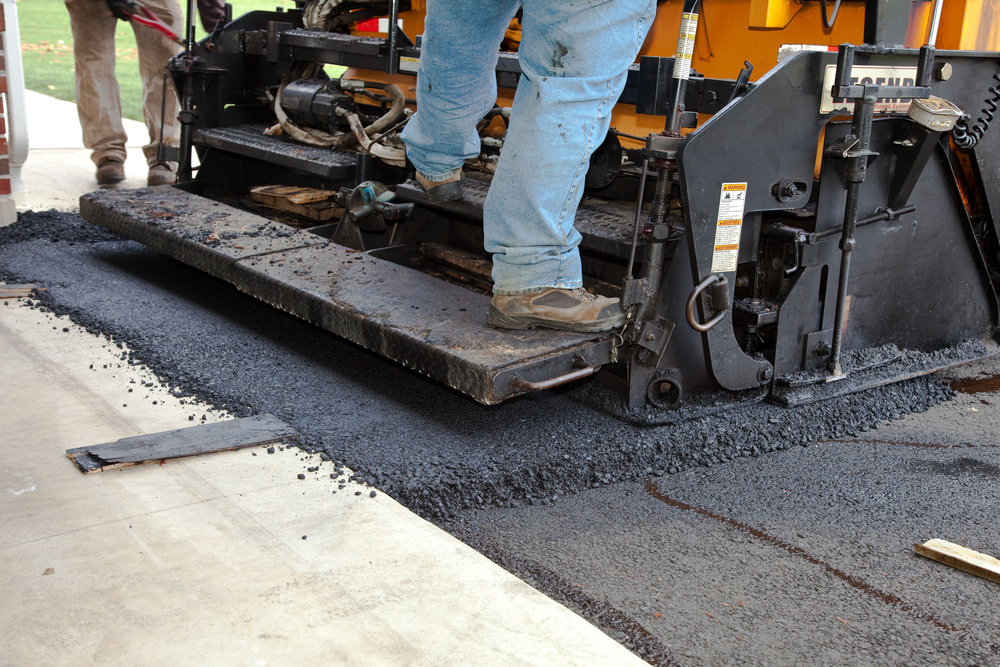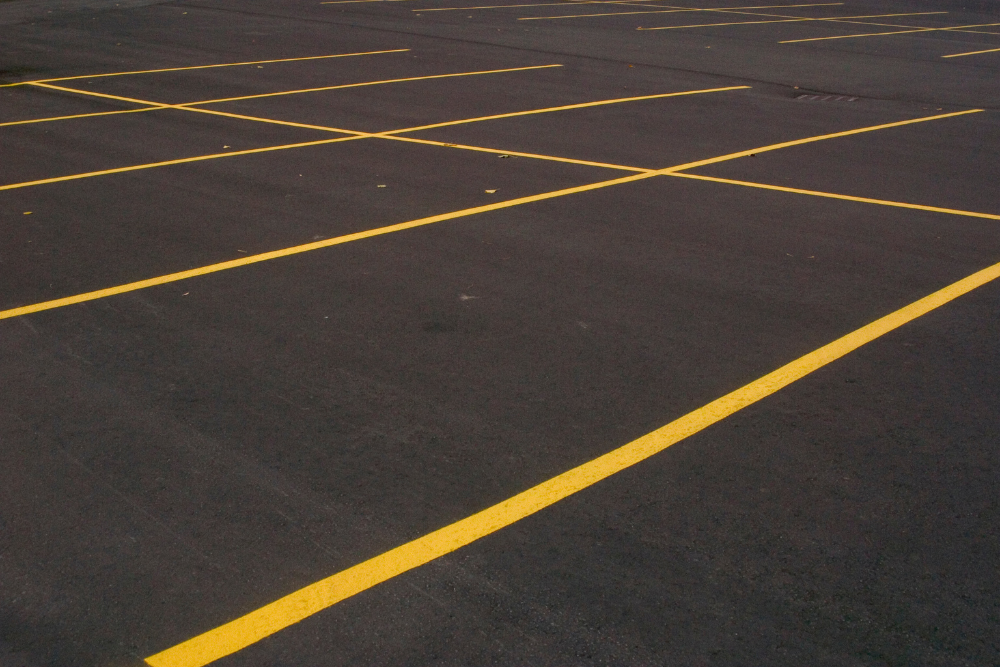If you need parking lot paving in Willow Grove, PA, or you are considering repaving your current parking lot, it’s important to understand how the process works. A professional paving company should discuss the steps and address any concerns you have before beginning work on your project.
Step 1: Preparation
Asphalt paving may seem like a simple process, but there are several important steps. The process begins with the proper preparation. The preparation phase includes getting the necessary permits and having utility companies mark their lines. This helps prevent problems or delays once work begins.
Step 2: Milling of Surfaces
If you have an existing parking lot, the contractor will mill the existing asphalt. Simply paving over damaged asphalt will lead to crack formation, usually within 1 to 2 years. This is called reflective cracking.
Once the asphalt is removed, the subgrade is inspected. This is the foundation of your parking lot, so it must be solid. If the subgrade is in bad shape, it will be removed. It will be replaced with recycled aggregate.
Step 3: Base Materials and Grading
The next step in the process is to lay the sub-base. This is like the foundation of your home. Without a solid base, your parking lot will be short-lived. There’s only one chance to create a stable base layer, so it’s important to get it correct.
Crushed stone can be used for the base layer, but recycled aggregate is often recommended. This can be concrete, asphalt, crushed stone, or a mixture of these materials. The right pitch will allow water to run off when it rains. Your contractor will use a laser level. They may want to see your parking lot after it’s rained to spot any problem areas and correct them before pouring the asphalt.
Some projects also require a binder layer before the asphalt is poured.
Step 4: Asphalt Pouring
Now it’s time to install the asphalt itself. This is the part of your parking lot that everyone will see and drive on. Of course, it needs to look great. However, it also needs to be even, stable, and smooth.
Your contractor will discuss your options to determine what type of asphalt is the best for your parking lot. In most cases, hot mix asphalt, or HMA, is the way to go. This type of asphalt is heated before applying, which is why it’s known as the hot mix.
The asphalt will be brought in from an asphalt plant in a dump truck. It’s put into an asphalt paving machine. The machine will pave a section 8 to 20 feet wide at once. Lasers can be used to get the correct grade and ensure that the pavement is even.
Step 5: Compaction
Once the asphalt is poured, it’s compacted. Large rollers that weigh several tons use their weight and vibration to compress the asphalt. Compaction is important because it removes air voids from the pavement. This makes the surface more durable and increases strength and density.
Step 6: Lines and Marking
The last step in paving your commercial parking lot is adding lines and any other needed markings. While this step may seem unimportant, it shouldn’t be rushed. Your parking lot lines are the first thing customers will notice about your lot, and potentially your business. Clean, straight lines make a good impression.
A thoughtful layout for the lines can make your lot more attractive and inviting, and allow you to maximize your parking space as well.
Parking Lot Paving with Love Paving
If you need commercial paving in Bensalem, PA, contact Love Paving. Our experienced contractors are here to meet all your commercial paving needs. We have 15 years of experience and offer a one-year warranty on materials.




